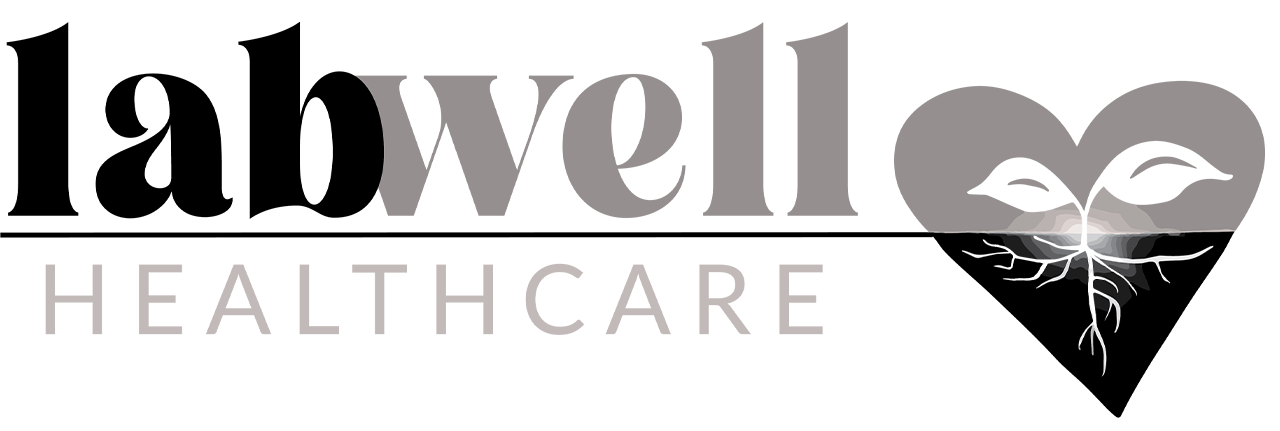If you’re over the age of thirty and/or in Perimenopause, consider stacking these three habits and creating a little “variety pack” (laugh) for yourself that will lower inflammation (depuff), balance your stress hormone cortisol and regulate your nervous system. Today we’re diving into my top ways to regulate your nervous system. Find the best ways to depuff here and my top 10 ways to drain here. You can find the series over on my Instagram (look for the pink covers) or follow along here on the blog.
Why it’s important to regulate your nervous system during perimenopause
Regulating your nervous system helps maintain balance and stability in your body’s response to stress and external stimuli. A well-regulated nervous system:
- Helps you effectively manage stress
- Reduces anxiety
- Improves overall mental health/Promotes emotional resilience
- Supports better sleep
- Enhances focus and concentration
By keeping your nervous system in check, you can prevent chronic stress-related health issues, such as cardiovascular diseases and weakened immune function. Small changes make a HUGE impact over time and in just minutes/day our goal is to CONSISTENTLY take one daily action that lowers inflammation, one action that encourages lymphatic drainage and one action that regulates your nervous system.
Top ways to regulate your nervous system
- Gargle – Did you know you can engage the vagus nerve by gargling? Break out of fight-flight-freeze and get into rest-and-relax mode with this super easy polyvagal toning exercise.
- Hand over heart – With my hand over my heart I perform 3 rounds of box breathing (inhale for four counts, hold for 4 counts, exhale for 8). Then I spend a few minutes focusing on something I am grateful for.
- Raise and lower your heels for 3-5 minutes – This is a great somatic exercise to do when you need to get out of your head and feel more calm. Bonus points if you deeply breathe in and out as you raise and lower.
- Walk in nature – In a 2019 study it was concluded that spending just 20 minutes in nature (even if it’s simply gardening, doing yard work or sitting quietly in the backyard) can significantly lower stress hormone levels. It’s my favorite way to disconnect from tech and regulate my nervous system! Loads of research shows us that walking engages the vagus nerve so we can step out of “fight-flight” (not to mention the blood sugar balancing benefits of walking which help us to properly utilize glucose ladies!).
- Seated spine yoga twist – Yoga poses are a great way to “quiet the noise” and get out of fight-flight. I’m not as flexible as I used to be but I still love this pose!
- Physiological sigh – Take a deep inhale followed by a short second inhalation, and then an extended exhalation. Repeat 3- 5 times to get out of fight-flight, lower cortisol and regulate your nervous system.
- Shoulder tapping – I take a few minutes in the car, at my desk (anywhere REALLY!) to regulate with shoulder taps for 3- 5 minutes. It’s one of my favorites!
- Trunk rotations with arm swings – While shifting weight from one foot to the other – twist and allow your arms to loosely swing side to side for a few minutes (just like children do!) to regulate your nervous system in 3-5 minutes. Bonus points if you’re grounding by being barefoot on the earth.
- Alternate nostril breathing – Placing your thumb on one nostril and inhale deeply through the other then alternate to regulate your nervous system by engaging your vagus nerve, getting out fight-flight and lowering cortisol.
- Box breathe while grounding for 10-20 minutes – Grounding with the earth allows for the transfer of nature’s electrons into our body. Combine this with box breathing (breathe in for four counts, hold for four counts and exhale for eight counts) to engage our vagus nerve taking us out of fight-flight so our nervous system can become more flexible.
Don’t forget to explore more of my blog posts and reach out if you have any questions.
The information provided in this blog post is for informational purposes only. The information is a result of years of practice and experience by Dr. Francesca LeBlanc. However, this information is NOT intended as a substitute for the advice provided by your physician. Do not use the information provided in this post for diagnosing or treating a health problem or disease, or prescribing medication or other treatment. Always speak with your physician or other healthcare professional before taking any medication or nutritional, herbal or homeopathic supplement, or using any treatment for a health problem. Please, do not disregard professional medical advice or delay in seeking professional advice because of something you have read on this website.


Recent Comments